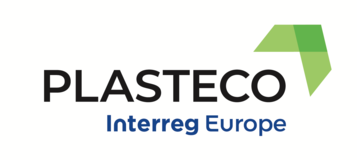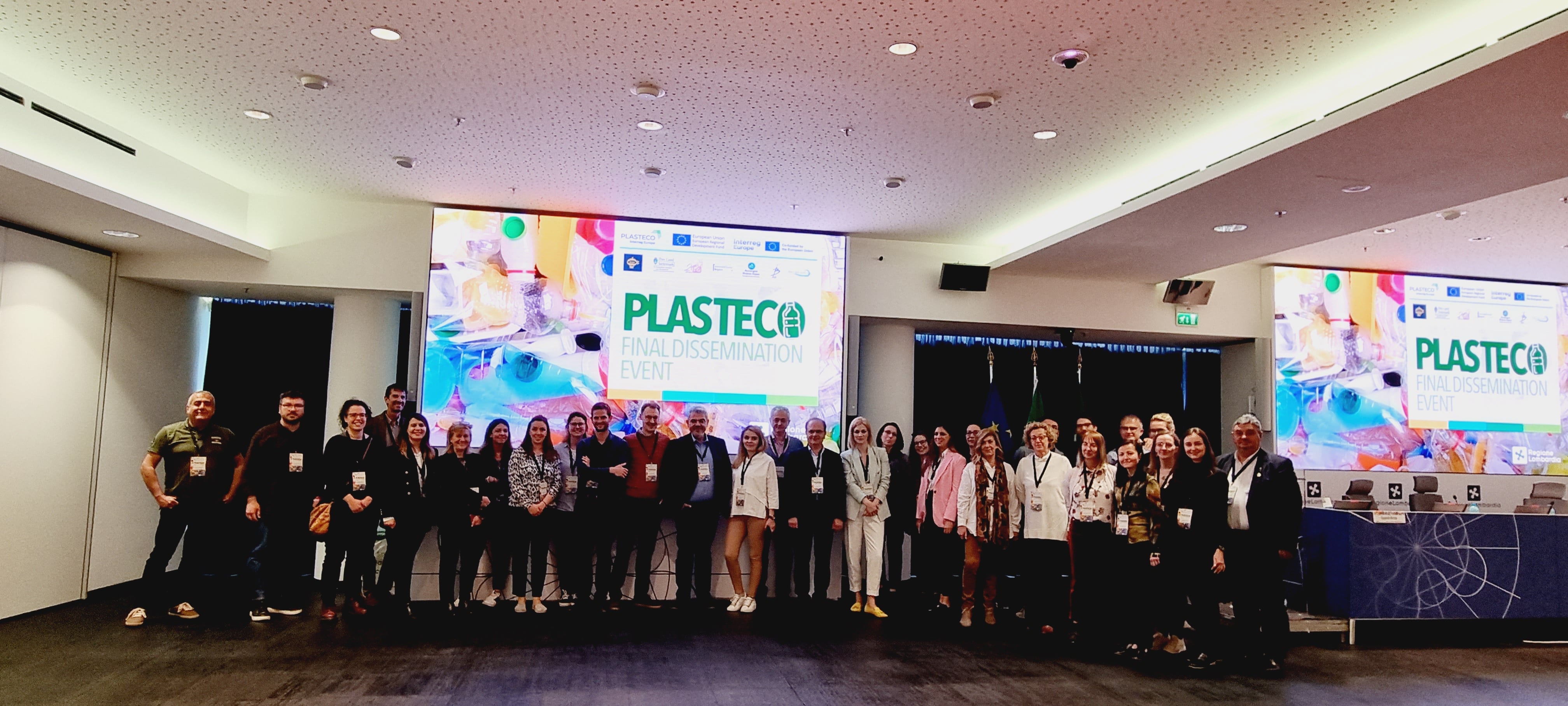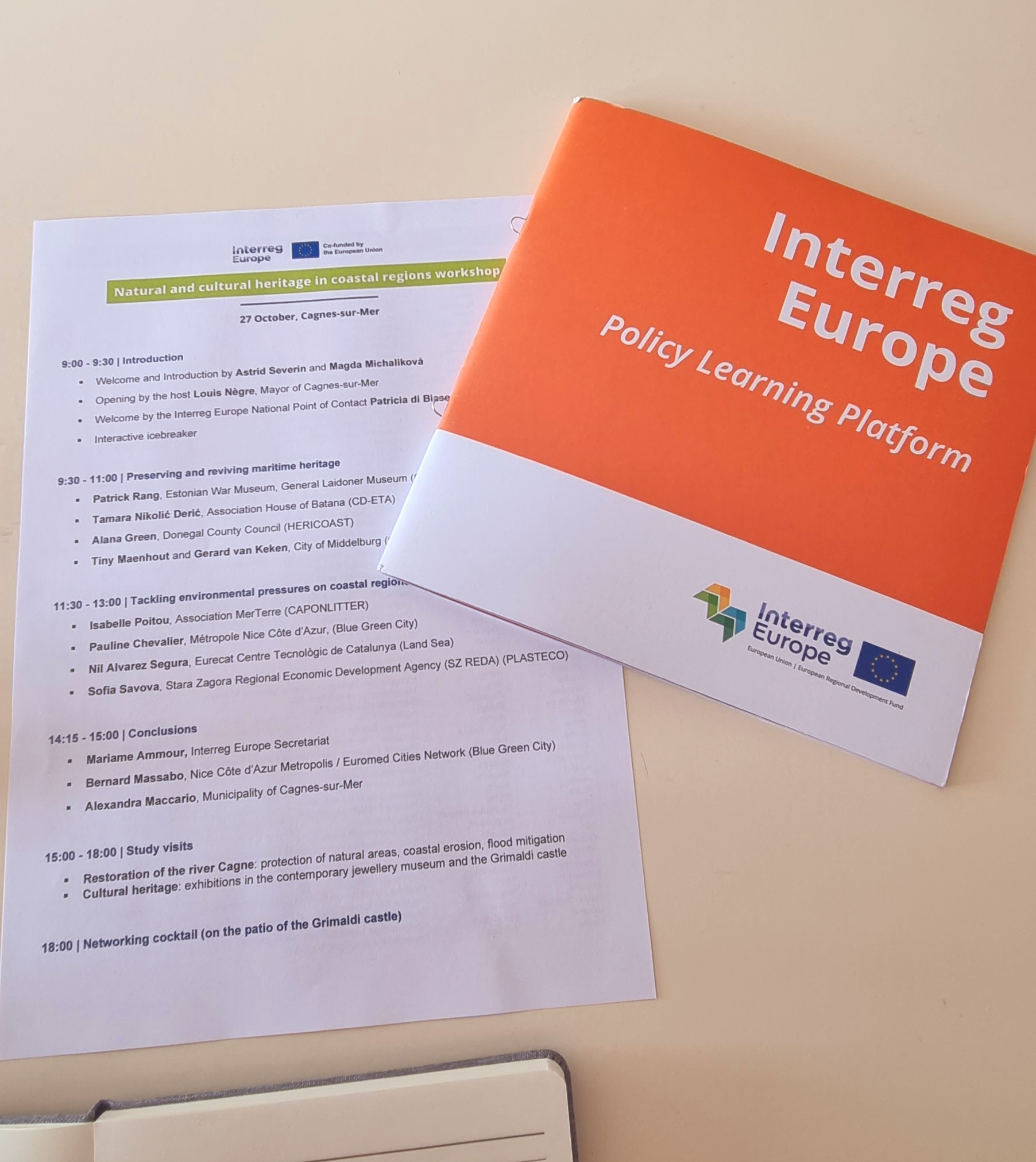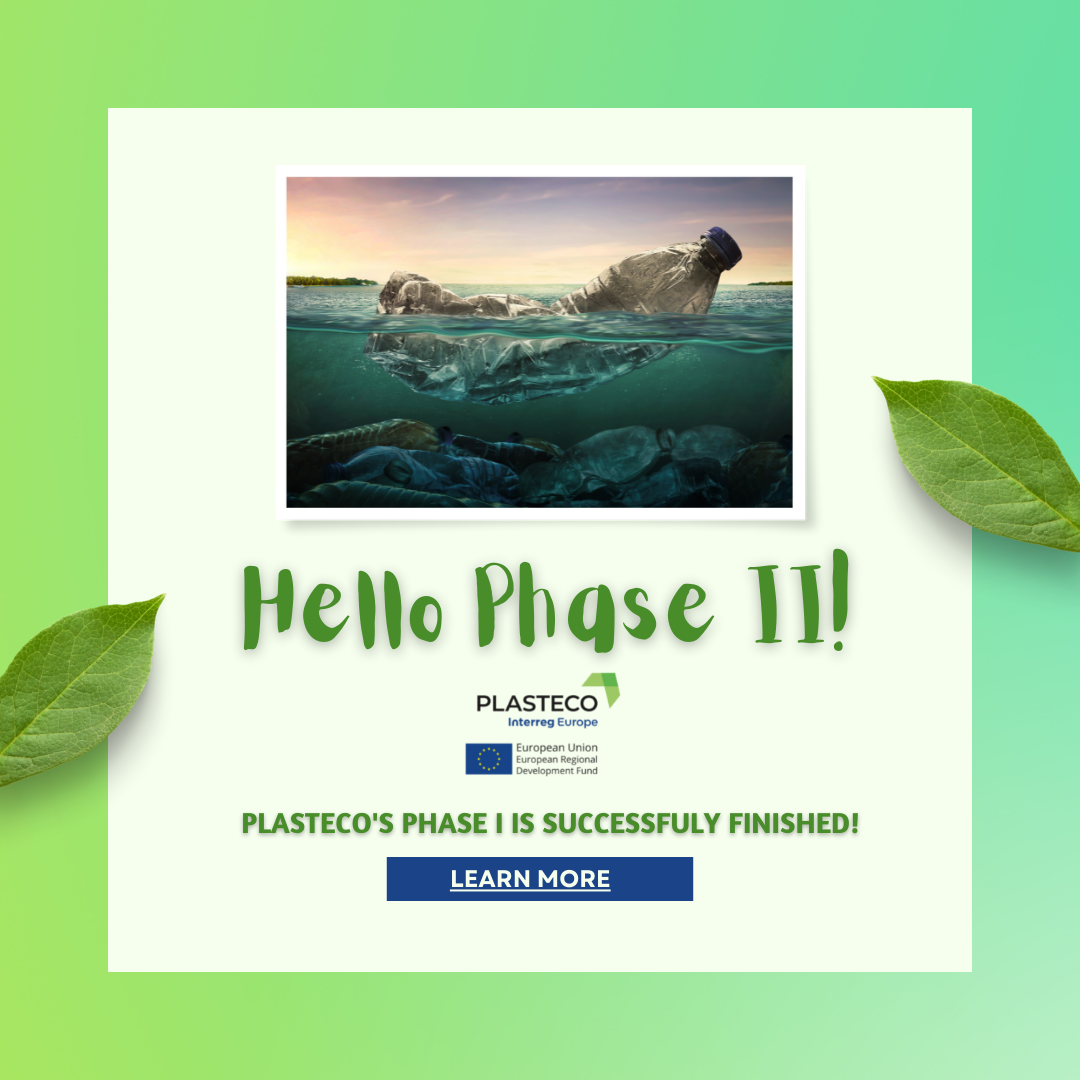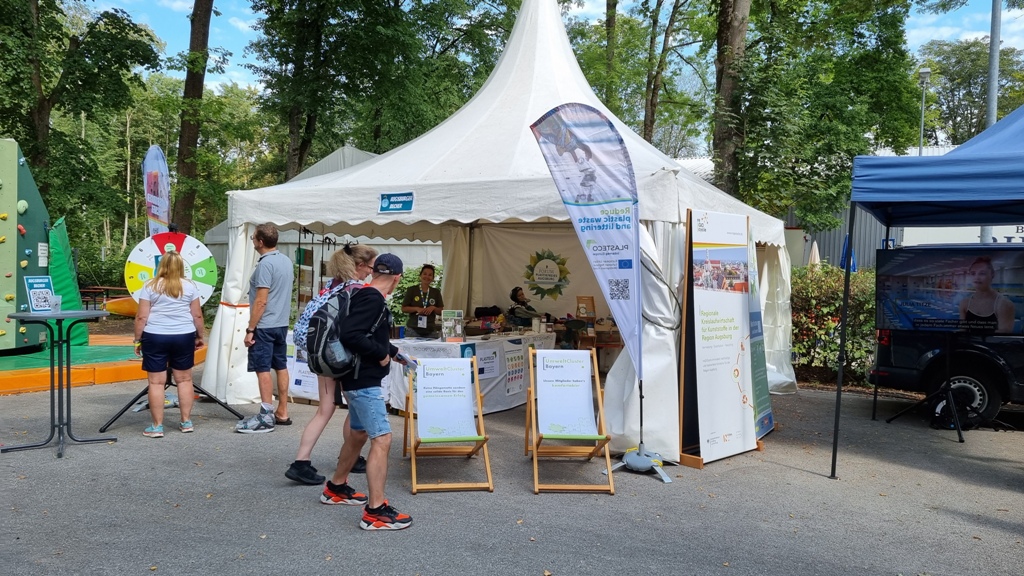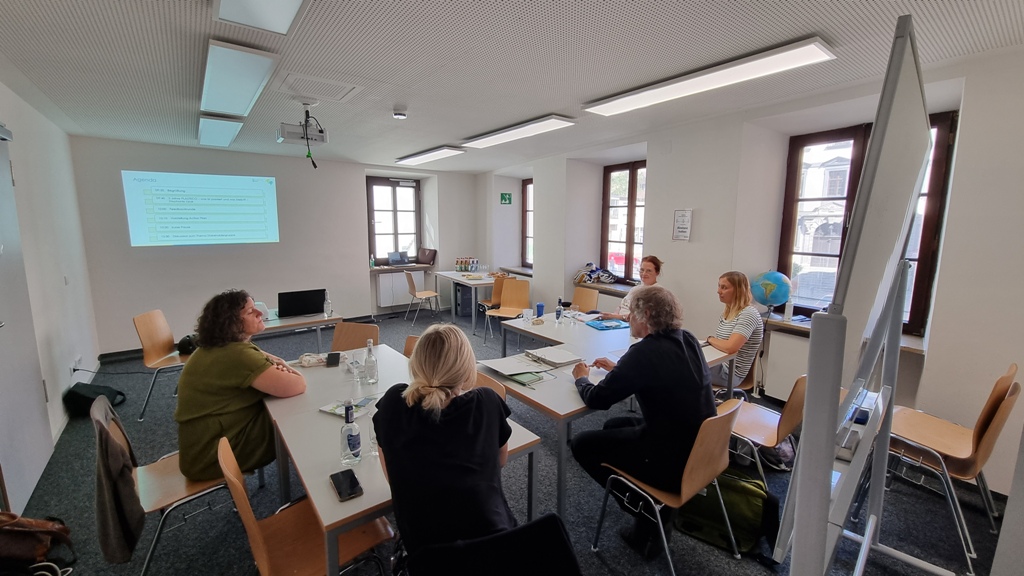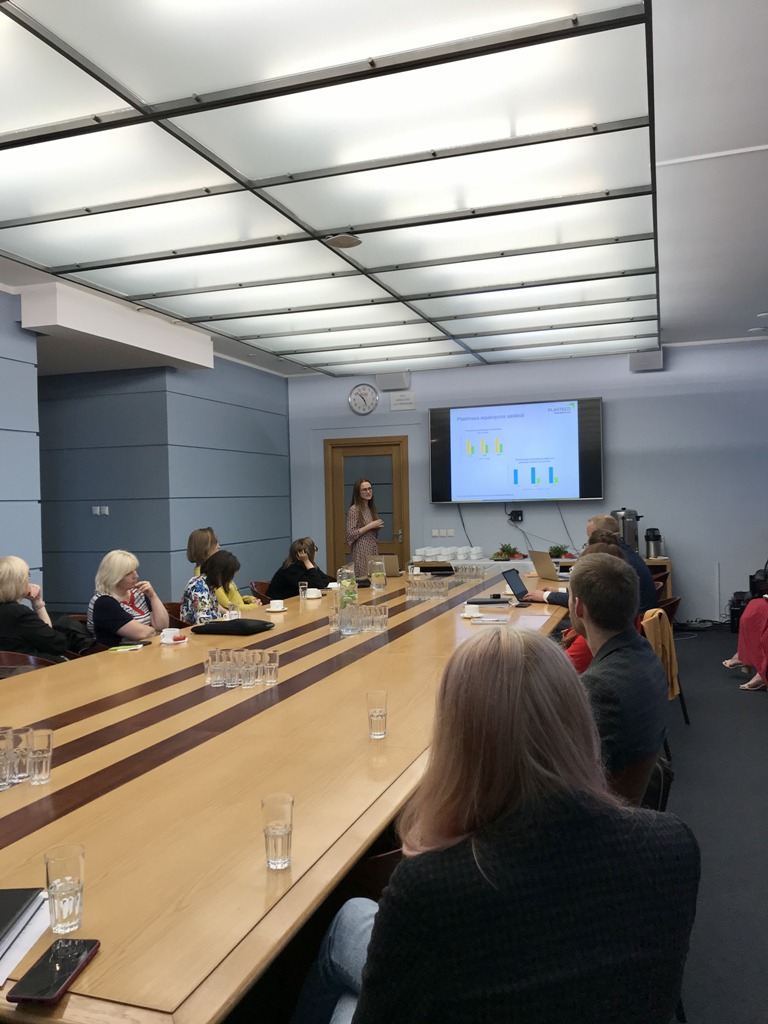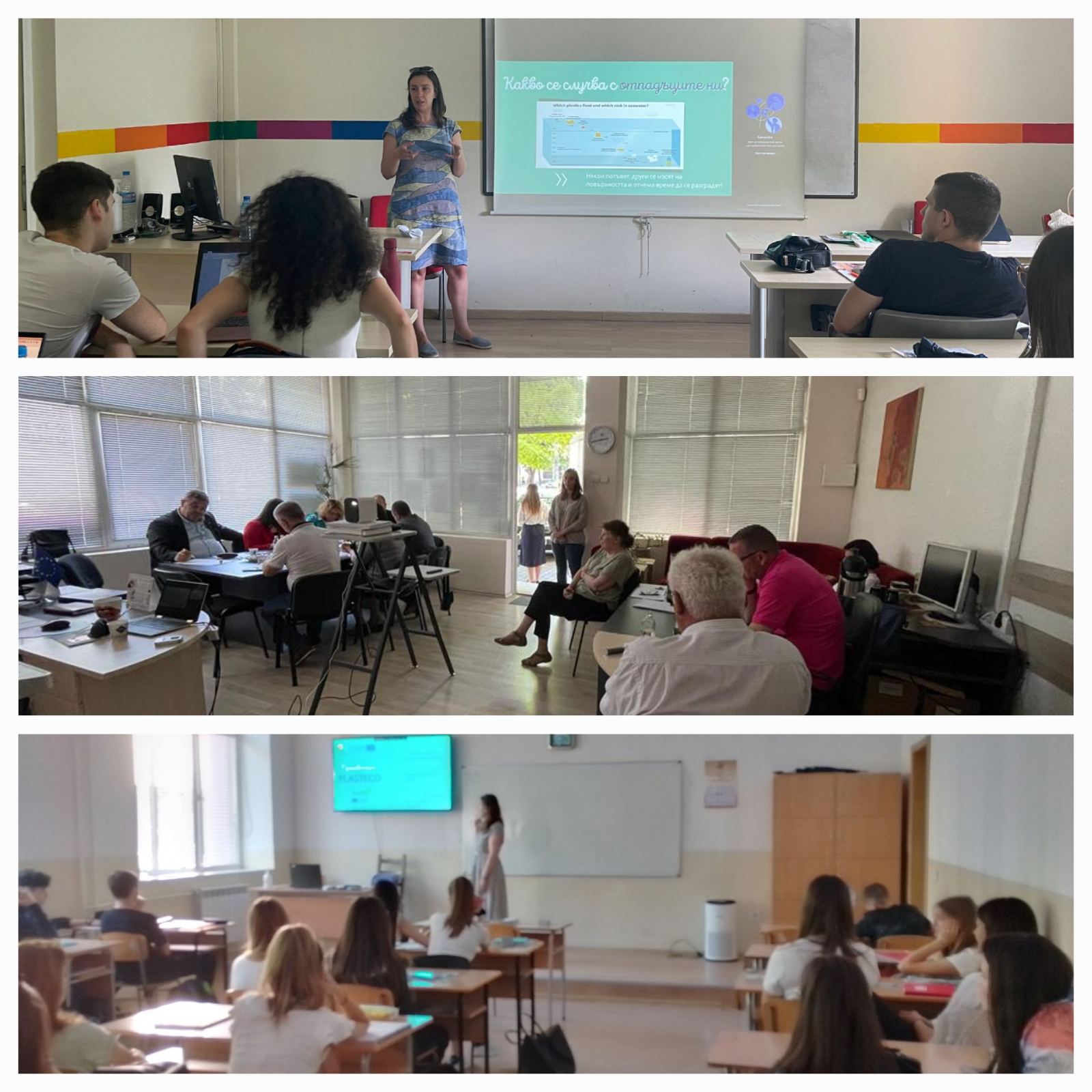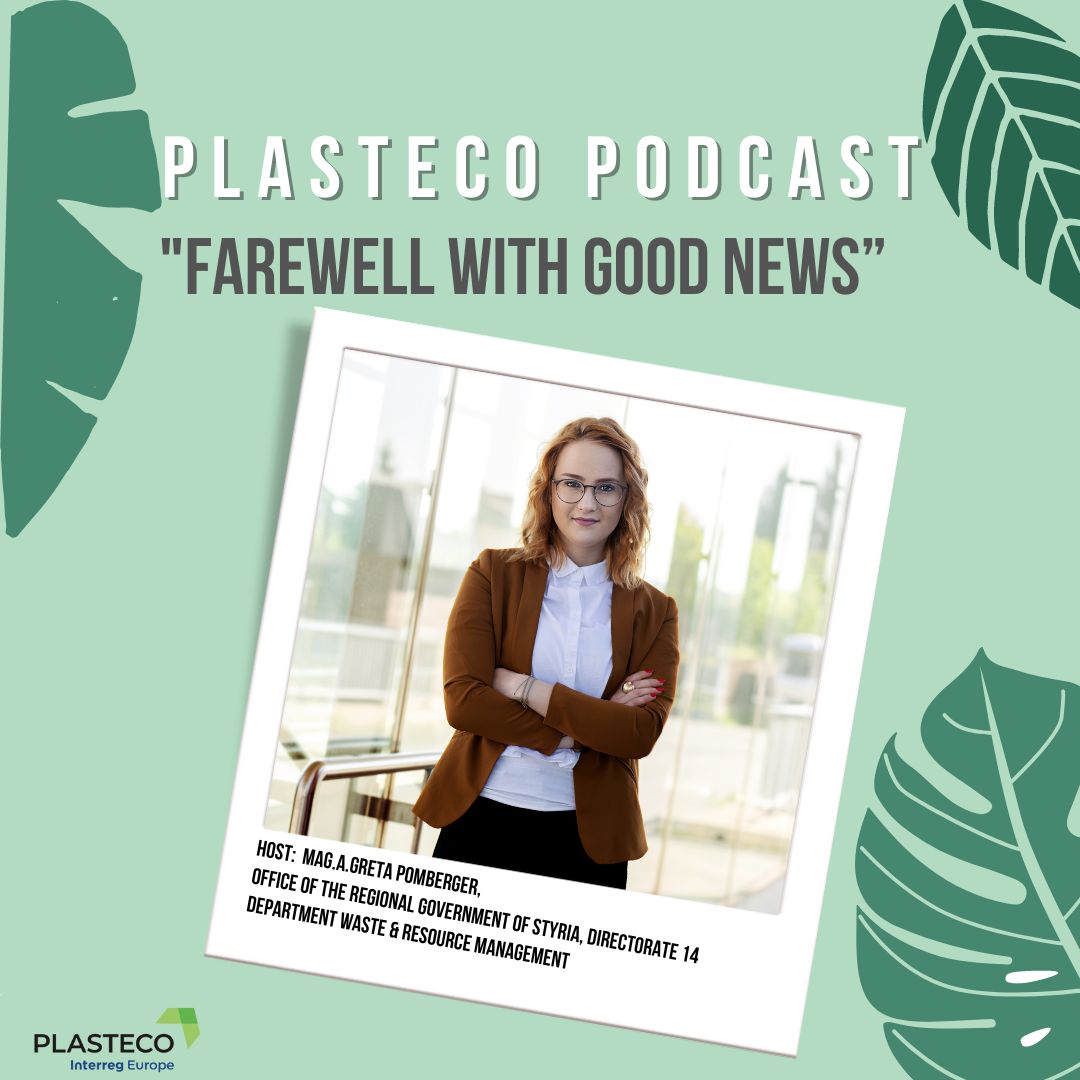The new guide contains essential information and recommendations for public purchasers on how to integrate environmental aspects into procurement and contract documents. The Plastics Strategy as a contribution to a circular economy of the EU explicitly mentions public procurement as an important instrument to increase the sales of recycled materials.
So-called "post-consumer waste" from private households, agriculture, trade and industry accounts for the vast majority of the total volume of plastic waste. In addition to packaging, other plastic-containing waste streams are also relevant for plastics recycling. These include, for example, film products in the commercial, agricultural and construction sectors, but also plastic mouldings from the automotive and electrical industries and other building materials such as profiles, pipes and floor coverings.
From an ecological point of view, material recycling is superior to all other recycling options, such as thermal recovery. Nevertheless, only 17% of all plastic waste is currently recycled. One of the reasons for this is the lack of market channels for such recycling materials. By procuring products manufactured with a high proportion of these recycling materials, a contribution can be made to strengthening sales and thus to increasing the recycling of post-consumer plastic waste.
Finally, it should be noted that products made from recycled plastics should only substitute products that would otherwise be procured from virgin plastics. The use of more recycled plastics should not contribute to pushing more environmentally friendly materials out of the market.
The whole document is in German and can be found here.
